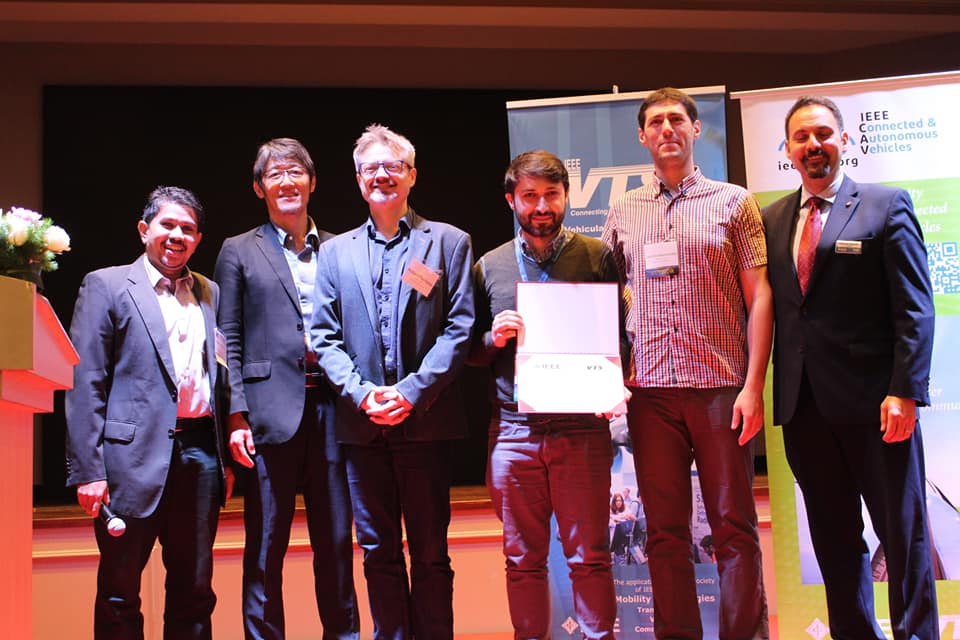Industry Track Panels
Panel 1: Perspectives on sustainable strategies for a zero emissions future
The latest IPCC report in March 2022 made it clear – climate change is moving faster than we are. Pandemic, war, political instability, forced migration and increasingly unpredictable weather are simply a dress rehearsal for the future impacts of climate change. But the same report still underscored the potential to change course and accelerate mitigation and adaptation.
This panel will explore what is beyond the well-intended net zero and other climate targets and discuss what the necessary strategies and concrete actions are from different parties to reach the goals.
In Nokia we say there is no green without digital, but what role do digitization and innovation play in achieving a sustainable future. What will collaboration for climate look like going forward?
Moderator: Anthony D’Arcy, Nokia
Panelists:
Helena Soimakallio, Executive Director, Sustainable Development at Teknologiateollisuus – Technology Industries of Finland
Kati Borgers, Espoo City
Salla Ahonen, VP Sustainability, Neste
Robert From, COO, MaaS Global Ltd
Panel 2: Connecting Intelligence in 6G: learning to communicate & communicating to learn
Abstract: The recent advent of commercial 5G network deployments offering ever powerful connectivity capabilities has further enabled an explosive generation and transfer of data tailored to either consumer applications or vertical industries. Nevertheless, to satisfy the intensifying society needs to communicate anywhere and anytime, dense (and, therefore, complex) networks need to be deployed, thereby leading towards increasing design complexity of a beyond 5G air interface. Unfortunately, some classical air interface design approaches may not be sustainable anymore, due to the induced model and algorithm deficiencies. To tackle such issues, the research community currently investigates ways of exploiting the availability of network data across the cloud-edge-device continuum and latest advances in AI/ML technologies to design the next generation air interface, factoring in performance, energy efficiency and flexible network reconfigurability needs. At the same time, as edge computing technology advances, significant processing, memory and storage resources can be offered by the network in close proximity to the end user to address significant processing workloads timely and with high performance. The challenge in this case lies in designing a 6G network architecture (functions, interfaces, protocols) that can be viewed as a “distributed learning platform” to best serve end user and industry needs. In this panel discussion, the aim is to deepen into both aspects of “learning to communicate” and “communicating to learn” and sketch a view of how 6G systems could be designed and operate to further boost user experience without sacrificing the principles of trustworthiness and sustainability.
Moderator: Miltiadis Filippou, Intel
Panelists:Riccardo Bassoli, Assistant Professor, TU DresdenEmilio Calvanese-Strinati, Program Director, CEA-LetiDevaki Chandramouli, Steering Group Co-Chair of Next G Alliance, Nokia Bell Labs Fellow, NokiaMerouane Debbah, Professor, Technology Innovation Institute, Abu Dhabi, UAE

